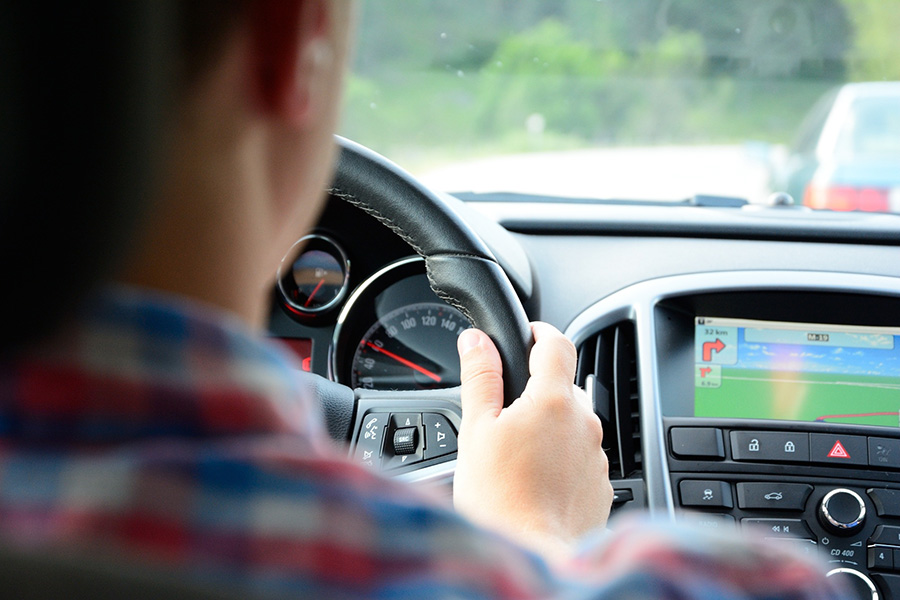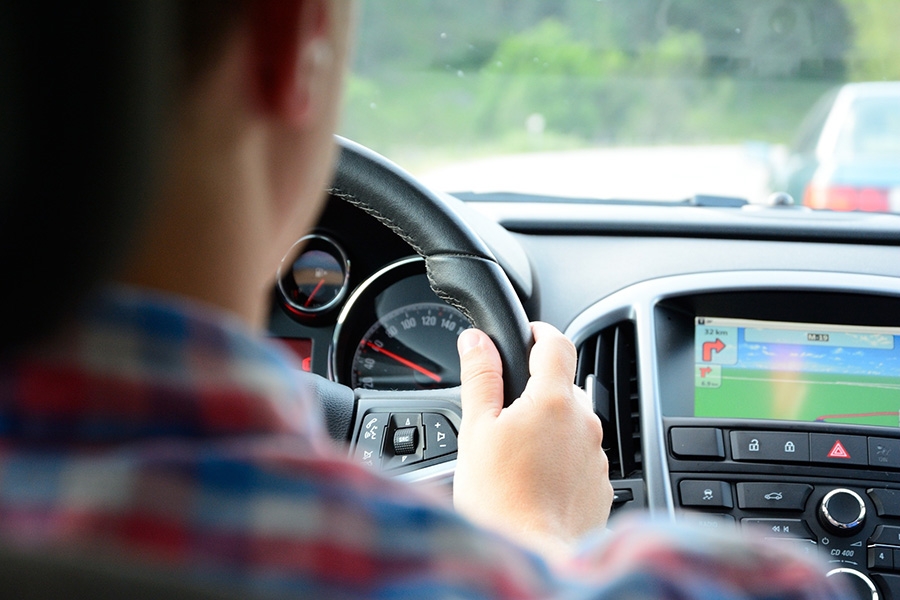 |
A lot has been written about how millennials are different.
People of this generation born roughly between 1980 and 2000 apparently don’t get driver’s licenses or drive cars like their parents and grandparents did; they live in dense urban environments; they walk, bike, ride transit, or use ride-sharing services like Uber and Lyft to get around; and they rely on technology, social media, and mobile apps for, well, everything — to work, play, share, and communicate.
Researchers have suggested that millennials have fundamentally different attitudes, values, perceptions, and preferences than prior generations, and their lifestyles will eventually transform our cities into bastions of sustainable mobility.
Well, that’s unlikely to happen after all, according to new research published by a team of School of Civil and Environmental Engineering scientists specializing in transportation systems analysis.
By comparing trends in activity and time-use patterns of millennials with those of Generation X, they’ve found millennials do show very different activity, travel, and time-use patterns when they are 18-24 years old. But all that changes as they age — with one exception.
“Although millennials are growing up to be similar in many respects to their parents, their seemingly persistent lower levels of car use contribute to advancing sustainability goals in the transport arena,” said Patricia Mokhtarian, one of the study’s authors. “Transport planners should account for such benefits when designing and assessing the performance of the transportation system.”
The study, which appears in the journal Transport Reviews, shows that millennials settle into the same patterns of their parents as they get jobs, start families, and adjust to the demands of maturity.
|
“The findings are not all that surprising given the time constraints associated with the rhythms of life,” said Venu Garikapati, a post-doctoral research fellow and a recently married millennial himself. “As millennials age, their lives too are governed by work schedules, day care and school schedules, and household and personal obligations, leading to daily activity-travel and time use patterns that are quite similar to those of their predecessors, albeit with some differences that reflect the period in which they live and grow up.”
“There are a few differences in activity and travel patterns that persist,” said Ram Pendyala, the School’s Frederick R. Dickerson Chair and professor.
He said older millennials drive less, multi-task more, and spend more time at home compared to Gen Xers at the same ages. These lingering differences likely result from the fact that millennials have often delayed key life events — getting married or having children, for example — even into their 30s. Pendyala also pointed to the effects of the global financial crisis and the influence on millennials of growing up in a period of rapid technological change.
The researchers said the lack of convergence in car use raises questions about the future direction of auto usage in the United States and millennial attitudes around automobile-oriented mobility. But since the study’s analysis reached only into 2013, co-author Eric Morris from Clemson University said more research will be needed as new data becomes available.
Still: “It is the recession and delayed lifecycle milestones — not necessarily different attitudes and lifestyle preferences — that mostly explain the lower levels of car-based mobility exhibited by millennials in early adulthood,” he said.
Co-author Noreen McDonald from the University of North Carolina-Chapel Hill has done work before showing that millennials do not travel as much as past generations. She said the new study provides critical recent and detailed evidence on trends that planners can use to better understand and address the mobility needs of younger Americans.
Pendyala and Garikapati said their findings have important implications, namely that transportation professionals shouldn’t count on less car travel in the future.
However, since millennials grew up driving less during the recession, they said planners might be able to continue that trend if they design accessible urban spaces, invest in multimodal transport options, promote healthy living, facilitate shared infrastructure use, and develop educational and employment opportunities that cater to the aspirations of an aging millennial generation.
Doing that, the authors note in the paper, means “it may be possible to bring about the fundamental shifts in behaviors and attitudes needed to avoid the proverbial inevitability of the repeat of history dominated by sprawl and auto-dependent mobility.”

